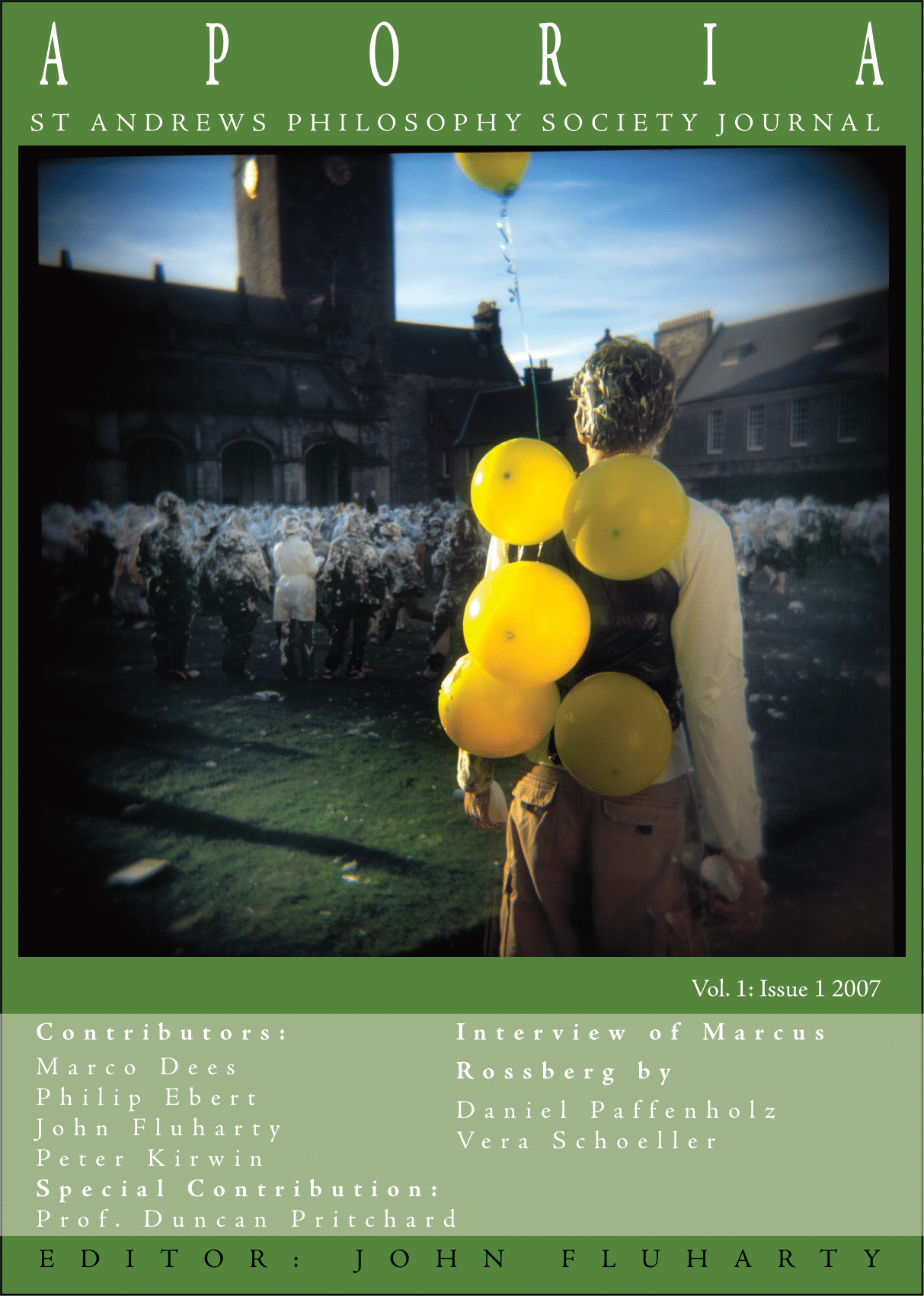What mathematical knowledge could not be
Main Article Content
Abstract
This survey paper will critically discuss four different strategies to explain our knowledge of mathematics. In the first section I will outline Benacerraf ’s dilemma as put forth in Benacerraf ’s famous paper “Mathematical Truth”1 – a dilemma faced by any account of mathematical knowledge. The aim of this section is to clarify and discuss the semantic and epistemic constraints that Benacerraf (explicitly and implicitly) imposes, and show how they give rise to his well-known dilemma. In the second section I will review four strategies to overcome this dilemma as they occur in the philosophical literature. The first two platonistic strategies comply with the semantic constraint but, I will argue, provide insufficient answers to the epistemic constraint, while the other two, nominalistic strategies either reject the idea of mathematical knowledge altogether or fail the semantic constraint. In the last section, I will elicit, on the basis of my discussion of the four conceptions, what I label the fundamental assumption. I will argue that it is presupposed by all four strategies and suggest that a rejection of this assumption will give rise to a different type of platonistic response. A thorough discussion of this fifth alternative will, however, be postponed to another occasion.
Article Details
Author's retain copyright, but give their consent to Aporia to publish their work.

